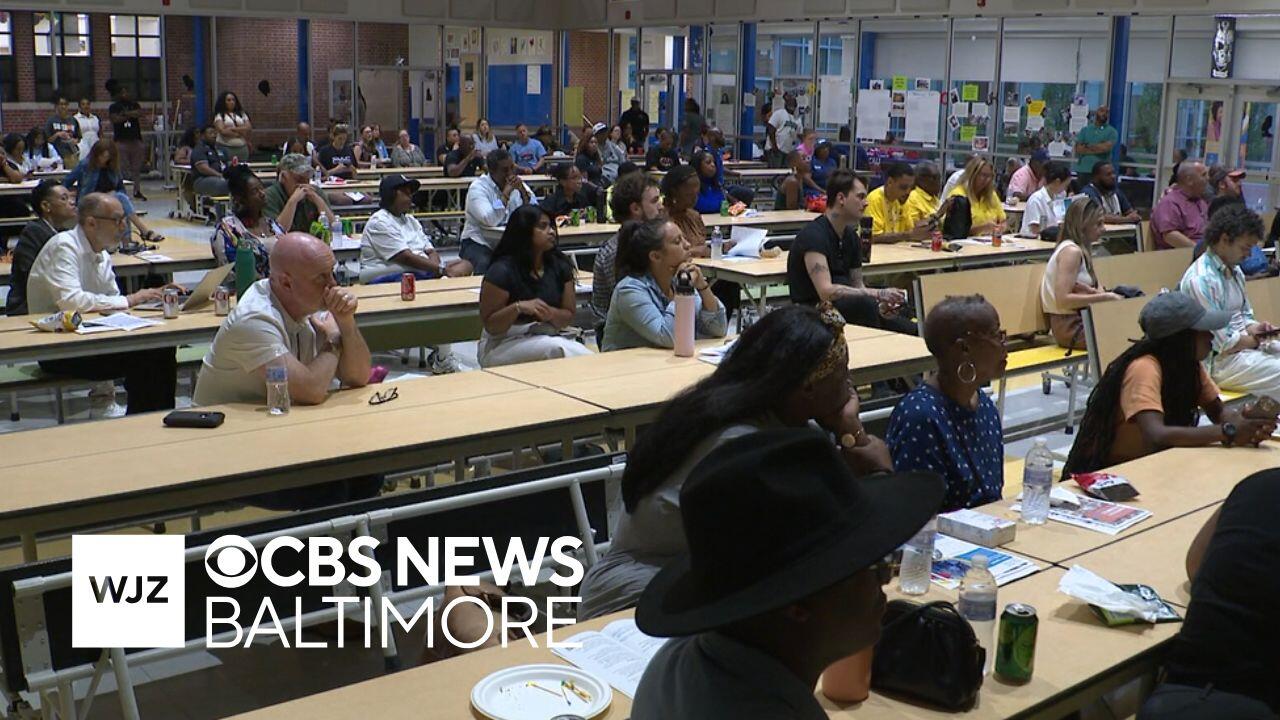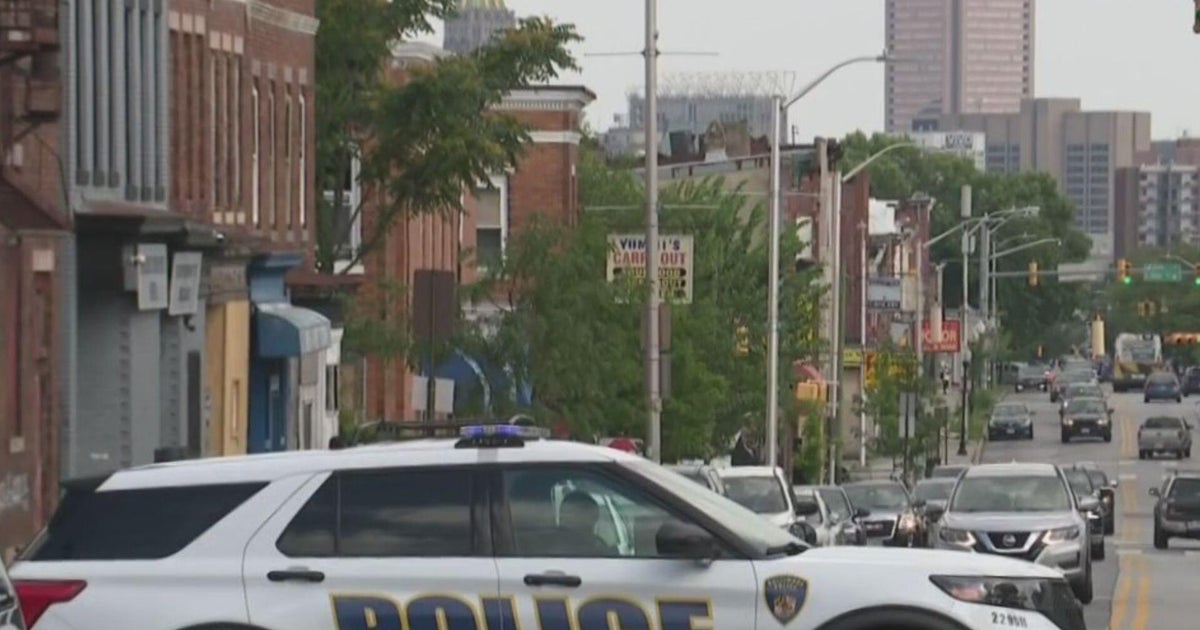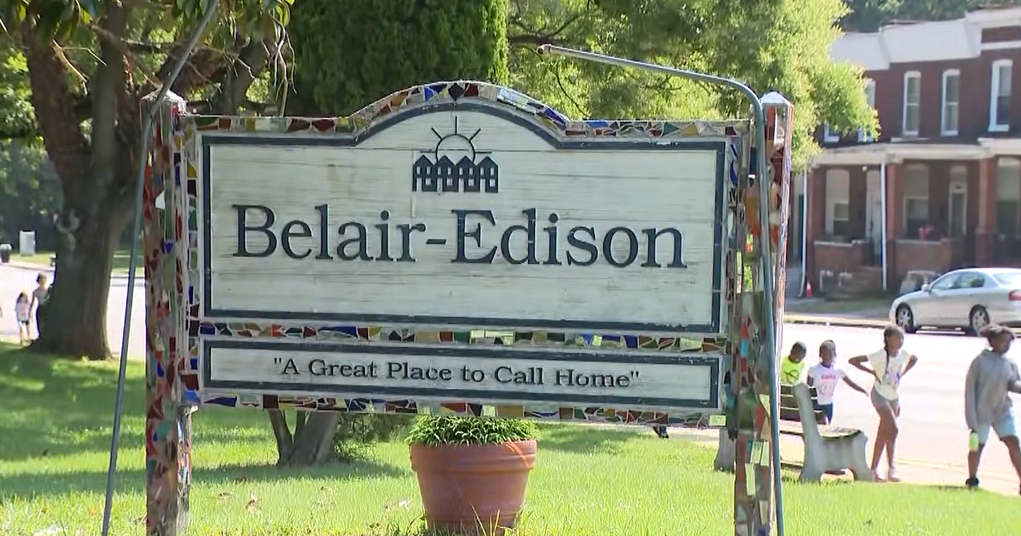Baltimore residents impacted by opioid overdoses give input on tackling city's crisis
Baltimore City won millions in settlements and awards after taking on pharmaceutical companies for their role in the opioid crisis.
Now, the Mayor's Office of Overdose Response is looking for input from neighbors who have been affected by this crisis on how to put those funds to use and reduce overdose deaths.
Dozens of residents joined city leaders on Wednesday at Cherry Hill Elementary/Middle School to discuss the Overdose Strategic Plan that was released last week.
Overdose mortality rates in Baltimore City still far exceed state and national averages, according to city officials.
Stories of opioid addictions
Carissa Matthews knows firsthand how drug addictions can be deadly.
"My one brother, who passed away, had a back surgery, so he had prescribed opiates, and then that turned into an addiction, and then unfortunately, he had fentanyl, and he passed away," Matthews said.
The Mayor's Office of Overdose Response (MOOR) asked neighbors like Matthews, who now runs a nonprofit called "Begin Again," to share their stories.
"As we talk about saving additional lives, we've also got to honor the lives that were already lost," said Keith Holt, Matthews' nephew.
Baltimore residents give their input
Neighbors were also asked to give their input on the city's overdose strategic plan.
Phylicia Porter, the Baltimore City Councilmember for District 10, said, "This crisis has hit my district very hard."
"The turnout that we're seeing here tonight is an outcry from the community, but it is also empowerment from the community to show up and make their voices heard," Porter said.
What is the strategic plan all about?
The strategic plan is informed by a citywide needs assessment conducted by the Baltimore City Health Department.
It aims to reduce overdose deaths in the city by 40% by 2040 by addressing five priorities: social determinants of health, prevention, harm reduction, treatment, and recovery.
Dr. Devesh D Kanjarpane, who specializes in addiction medicine, said dealing with the root cause of addiction is the only way to break the cycle.
"The biggest factor for people that recover and stay in sustained recovery – you have to work on the wounds that happened many years ago," said Kanjarpane.
More input sessions this month
Community members broke into small groups to discuss each of the priorities.
Executive director Sarah Whaley said MOOR will finalize the plan based on their input.
"It's all of us collectively that are impacted and collectively, we have to respond," Whaley said.
MOOR will hold three additional listening sessions:
- Thursday, July 17, 5:30 PM-8:00 PM at Gethsemane Baptist Church, 2520 Francis St., Baltimore, MD 21217
- Wednesday, July 23, 5:30 PM-8:00 PM at Pimlico Elementary School, 4849 Pimlico Rd, Baltimore, MD 21215
- Thursday, July 31, 5:30 PM-8:00 PM at Henderson Hopkins Elementary and Middle School: 2100 Ashland Ave, Baltimore, MD 21205
Read the Overdose




